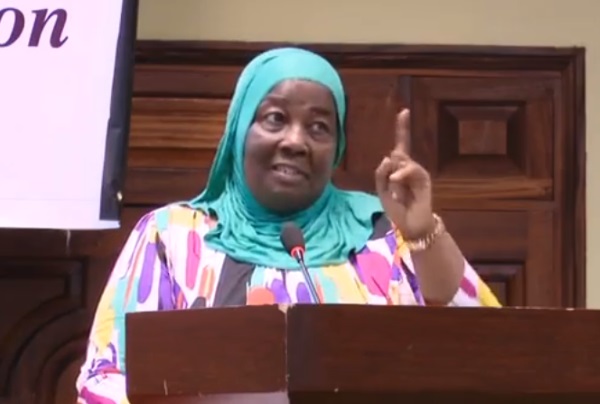Mary Nankabirwa vends sweets and biscuits on Kampala streets having started with a capital of 50,000 shillings. “The money I earn is to buy food for the family. It is hard to raise their school fees.” Said, Mary Nankabirwa – Street Vendor. Nankabirwa said she was a breadwinner for a family of four. Her worry was that she comm its time and energy into earning a living but the income did not match up. “I spend the day in the sun but end up earning peanuts.” A March 2018 Employment Diagnostic Analysis Report by the Ministry of Gender, Labour and Social Development confirmed that people like Mary Nankabirwa work hard but this is not reflected in the earnings. “Wherever you look you must and certainly find someone doing something be it lifting, tilling the land in their gardens or seated by the roadside selling some produce or repairing a bicycle or cooking matooke in a make-shift market. The sense one gets is that everybody is busy hence the underutilization of their labor is not onto obvious.” Said, Janat Mukwaya – Minister of Gender, Labour and Social Development.
The report was aimed at providing a sound knowledge base for effective policies, institutional reforms and other interventions to the problem of unemployment in Uganda. “Also states that even within the public sector where we froze training our people are not getting the required skills to cope with changing circumstances. So I want to commend this report to you.” The report shows that the persistent unemployment problem was partly caused by the decision by the government to go into privatization which left many Ugandans nearly jobless. “We lost it when we privatized because we would have replaced those enterprises that were not working with those enterprises which work but recruit more people. We did not do that but it is not too late.”
The report also attributed unemployment to the failure by government to invest in agriculture. The First Deputy Prime Minister Gen. Moses Ali agreed with the details and recommendations of the report. “We should, therefore, focus on growth that is equitable and create enough decent jobs for young men and women.” Said, Gen. Moses Ali – First Deputy Prime Minister. The Minister said the report will be shared and discussed in different government agencies for possible reforms and collaborations on the unemployment problem.

